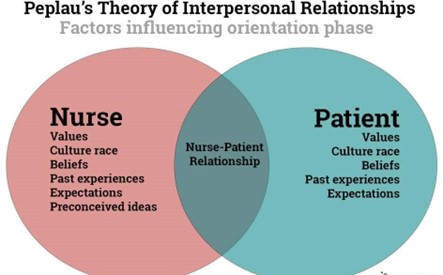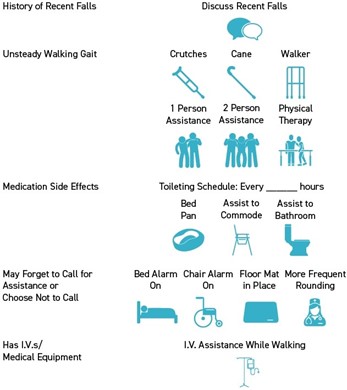Which nursing theorists promoted the interpersonal theory between patient and nurse?
Mary Mahoney
Hildegard Peplau
Hatle Bessment
Linda Richards
The Correct Answer is B
Hildegard Peplau was a nursing theorist who promoted the interpersonal theory between patient and nurse. She believed that nursing is a therapeutic, interpersonal process that involves the development of a close and personal relationship between the nurse and the patient. According to her theory, the nurse should understand the patient's needs, feelings, and behaviors to develop a personalized care plan that would facilitate the patient's recovery.
Mary Mahoney was a nurse who broke racial barriers and became the first African American registered nurse in the United States.
Hattie Bessment was a nurse who promoted nursing education and research.
Linda Richards was the first professionally trained nurse in the United States and established the first nursing school in Japan.
While these nurses contributed significantly to the nursing profession, they did not specifically promote the interpersonal theory between patient and nurse.

Nursing Test Bank
Naxlex Comprehensive Predictor Exams
Related Questions
Correct Answer is D
Explanation
The first step in the nursing process is assessment, which involves gathering information about the patient’s condition. In this situation, the nurse should make observations about the patient’s physical and mental status, including any signs of injury or distress. This information can then be used to determine the appropriate course of action and provide appropriate care. The other
The other options do not represent the first step in the nursing process and may not be appropriate in this situation.

Correct Answer is A
Explanation
As a healthcare provider, it is important to respect and support the cultural and religious practices of our patients. In this case, the patients have expressed a desire to follow the same prayer schedule they did prior to admission, and it is our responsibility to accommodate their request to the best of our abilities.
Option b, suggesting that the patients learn another prayer, may not be appropriate as it implies that their current prayer practices are not valid or important.
Option c, suggesting that they can go back to their regular prayer schedule after discharge, ignores their current needs and may cause unnecessary stress or discomfort.
Option d, dismissing their request and saying "you are in America now" is disrespectful and inappropriate.
Therefore, the best response is a, asking how we can accommodate the patients' prayer time, showing respect for their cultural and religious beliefs and willingness to support their needs.
Whether you are a student looking to ace your exams or a practicing nurse seeking to enhance your expertise , our nursing education contents will empower you with the confidence and competence to make a difference in the lives of patients and become a respected leader in the healthcare field.
Visit Naxlex, invest in your future and unlock endless possibilities with our unparalleled nursing education contents today
Report Wrong Answer on the Current Question
Do you disagree with the answer? If yes, what is your expected answer? Explain.
Kindly be descriptive with the issue you are facing.
